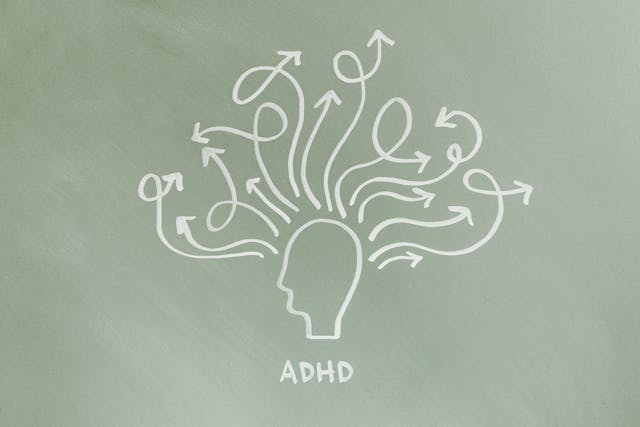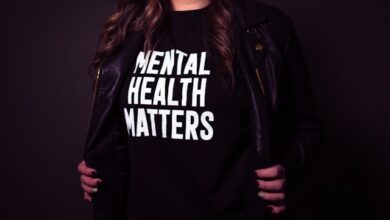
Why Pursue An ADHD Diagnosis In Adulthood?
Until a few years ago, attention deficit disorder (ADHD) seemed like something that largely impacted over-excitable children. In recent years, however, experts have begun to uncover what’s been termed as a ‘missed generation’ of neurodivergent individuals.
Due to a lack of awareness and previously limited diagnostic criteria, individuals who are now reaching 30 plus were never considered for ADHD diagnosis. However, new studies have uncovered that around 3.1% of adults live with ADHD, often without knowing it.
Symptoms of undiagnosed ADHD may include poor organizational skills, a lack of concentration, and excessive fidgeting. Undiagnosed, these issues and more can lead to notable problems, such as relationship fallouts and job loss.
Still, many adults who relate to ADHD symptoms in later life question whether a diagnosis is worthwhile. For the most part, however, even a late ADHD diagnosis can be beneficial, and here’s why.
Steps towards self-acceptance
Individuals living with undiagnosed ADHD often report low feelings of self-worth or common feelings of guilt and failure. This is because, without knowing it, they’ve been trying to fit into a neurotypical world that simply doesn’t work with their reality. There’s an especially high risk of issues like depression and anxiety in undiagnosed cases where ADHD leads to perceived failures, like relationship breakdowns.
By seeking a diagnosis, an individual can better recognize that their behavior isn’t ‘wrong’, but is rather a part of their neurodivergent mind. This can lead to a kinder outlook in general, as well as making way for an individual who leans on their strengths, such as resilience, creativity, and specific detailed knowledge, instead.

The right help
Individuals living with undiagnosed ADHD will often develop their own coping mechanisms. These may include unhealthy things like drinking. They could also include more positive improvements, like meditation or the use of something like these Delta 8 vape pens to help with everything from sleep to slowing down thought processes. These self-guided options can be effective to some extent, but they should never be a lasting replacement for professional help.
With an official ADHD diagnosis, it’s possible to seek a tailored, personalized treatment plan of medications that can make a huge difference in daily life. Equally, a doctor can recommend things like talking or CBT therapies, which can lead to lasting improvements in everything from self-perception to coping mechanisms.
A better-suited life
Once an individual has an ADHD diagnosis, they can implement informed improvements to make daily life easier. These may include speaking to an employer about regular breaks or cooldown spaces for any time you need to declutter your mind.
At home, things like regular communication, and dedicated chore lists that keep things on track can also make a huge difference to personal happiness, and relationship success along the way. An adult ADHD diagnosis can feel undeniably daunting, but it could also make a huge difference to your life. Contacting your healthcare professional could see you enjoying these benefits in no time.



